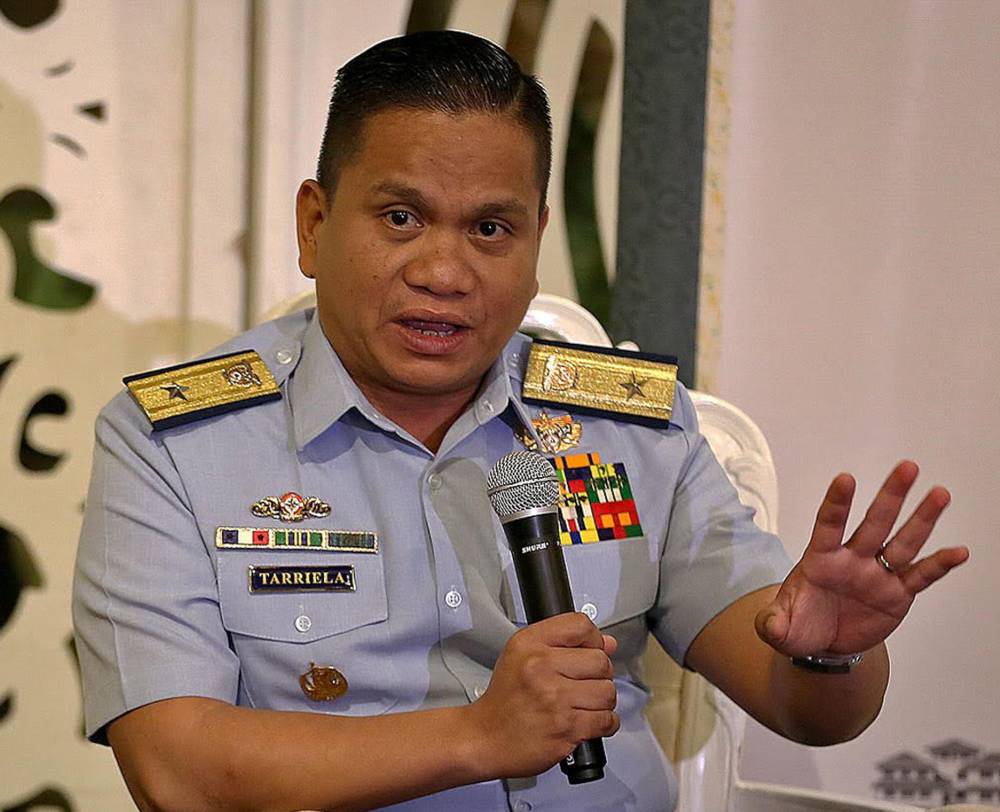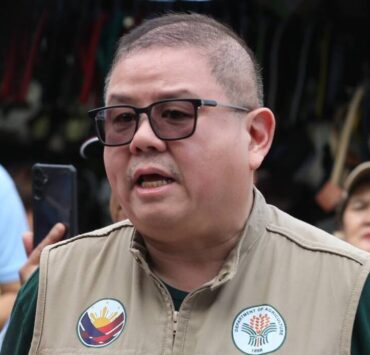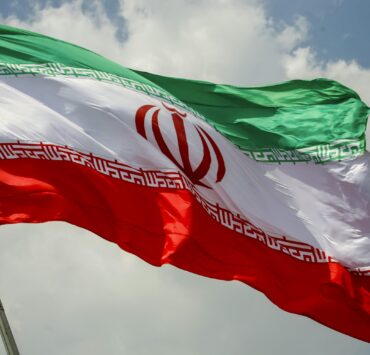Generals clash over West PH Sea views

Differing opinions escalated to an acrimonious exchange of words between a retired air force general and incumbent security officials.
Former Air Force Gen. Romeo Poquiz, who retired as a major general in 2014, questioned the country’s trajectory nine years after the 2016 arbitral ruling that affirmed the Philippines’ rights and invalidated China’s sweeping claims in the South China Sea.
“Yes, we won—on paper. Yes, the world recognized our claim. But let’s face the truth: China didn’t back down,” Poquiz said in a Facebook post.
At the same time, however, the retired general who has become a social media commentator on Philippine affairs, including the last elections which he deemed to be incredible, also lashed at the United States.
“We don’t have to bow to China. But we also don’t need to die for America … We need leaders who think long-term, who can defend sovereignty without turning Filipinos into cannon fodder,” said the retired general. “Let’s not be another Ukraine.”
Echoing China
The remarks, however drew sharp criticism from incumbent military officials who said he was discouraging Filipinos and echoing China’s views.
Philippine Navy spokesperson for the West Philippine Sea (WPS) Rear Adm. Roy Vincent Trinidad dismissed Poquiz’s views as “defeatist” and “alarmist” in a special press conference in Camp Aguinaldo on Thursday.
“They send the wrong message, especially to the Filipino people and even to the former men and women of the Armed Forces who served under these retired senior officers,” he said.
“It is a misleading statement to say that we are being turned into another Ukraine,” he added. “We are not preparing the Armed Forces for offense, we are preparing the Armed Forces to defend what is legally and rightfully [belongs to] the Filipinos.”
Philippine Coast Guard WPS spokesperson Commodore Jay Tarriela echoed that criticism on Friday.
“This is not about great power competition—it is fundamentally about China repeatedly violating our sovereignty and sovereign rights in our own exclusive economic zone,” Tarriela said in a post on social media platform X.
He emphasized that the Philippines’ actions in the WPS are not driven by blind loyalty to any foreign power, but by a duty to defend the country’s rights as recognized by international law.
He cited China’s aggressions in the WPS, including the ramming of Philippine vessels, water cannon attacks and the blocking of resupply missions to troops stationed at Ayungin (Second Thomas) Shoal, as justifications for strengthening alliances and increasing transparency to expose China’s actions.
Tarriela also rejected comparisons to Ukraine, saying the Philippines is not being “herded into conflict” but is responding to repeated aggressions.
“Our mutual defense treaty is a tool for deterrence and support, not subjugation, and it is being invoked precisely because China refuses to respect our rights,” Tarriela said. “Even the US has publicly stated that the Philippines is not their pawn in this dispute.”
The spokesperson also cited the previous administration’s pro-China stance that did not help stop China’s aggressions.
“Let us not forget the track record of the independent foreign policy under the former administration, which truly meant pivoting toward China and distancing us from the US. Despite his pro-China stance—downplaying the arbitral award and calling Chinese aggressions mere ‘irritants’—harassment from Chinese vessels did not stop,” Tarriela said.

















